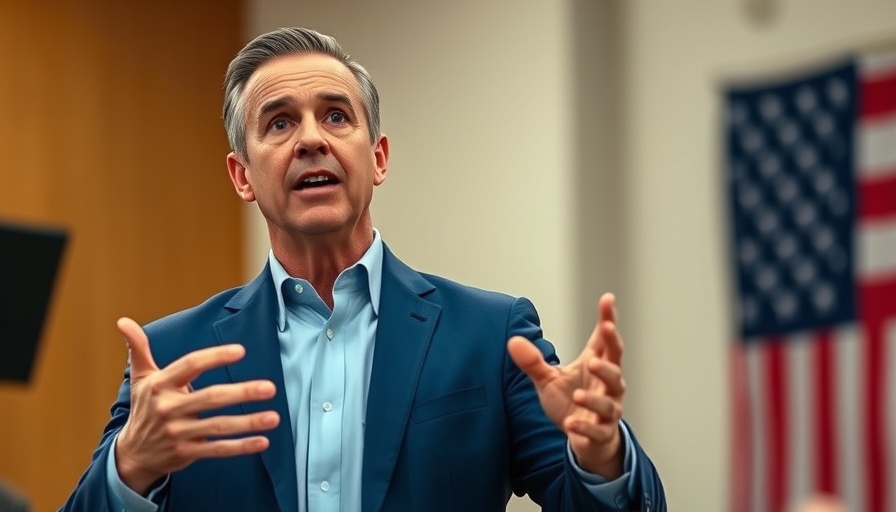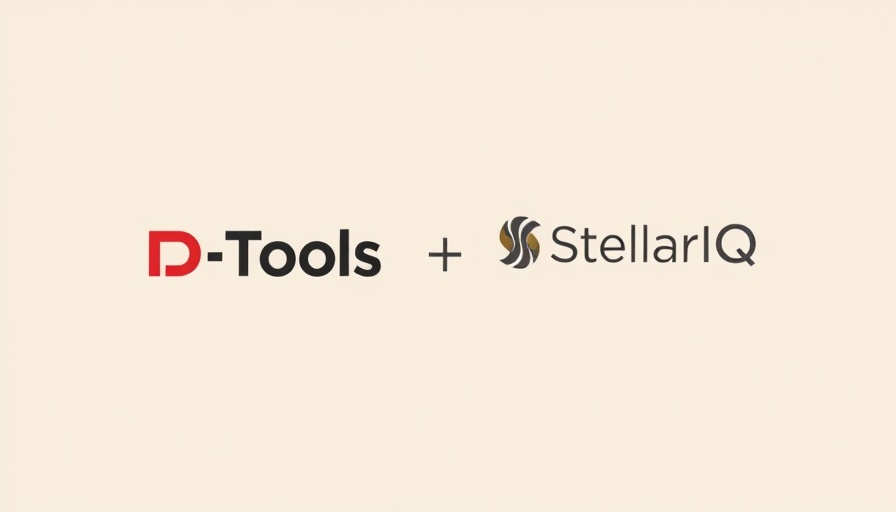
OpenAI's Game-Changer: The Return of Open-Weight Models
OpenAI has recently made a groundbreaking move by releasing its first open-weight models since the GPT-2 known as gpt-oss-120b and gpt-oss-20b. This major shift is igniting excitement within the AI community and beyond, signaling a return to openness and accessibility in the rapidly evolving world of artificial intelligence.
Unlocking New Possibilities with Open-Weight Models
These new models are designed so individuals can run them locally on their devices and fine-tune them for various applications. Traditionally, open-weight models like these empower users by allowing them to access the internal workings or “weights” of the models, enhancing transparency and usability.
A Complement to Proprietary Offerings
Sam Altman, the CEO of OpenAI, views this shift not as a threat to their proprietary models but as a complement to their existing services, such as the popular API. Greg Brockman, co-founder, emphasized that the open-weight versions possess unique benefits. For instance, users can operate these models without requiring internet access or risk exposure to data breaches.
Safety Comes First: Mitigating Risks
Despite the enthusiasm around these releases, there are serious considerations concerning safety and misuse. OpenAI took proactive measures to fine-tune the models by assessing how they could be misappropriated. This dual focus on innovation and safety reflects a deeper commitment to responsible AI deployment.
Contributing to a Collaborative AI Culture
The decision to adopt the Apache 2.0 license allows for broader usage and redistribution of these models, fostering an environment where collaboration thrives. This aligns with a vision of making AI more accessible and decentralized, potentially leading to innovative applications in various sectors.
Looking Ahead: What This Means for Users
As OpenAI steps forward with these models, it opens up exciting avenues for developers, researchers, and tech enthusiasts eager to explore AI in new ways. Offering these resources for free on platforms like Hugging Face not only democratizes technology but encourages a community of innovation.
In a time where technology is thought to be overly proprietary, OpenAI’s newfound commitment to open weight models could herald a new era of creative exploration and responsible AI use.
 Add Row
Add Row  Add
Add 




Write A Comment